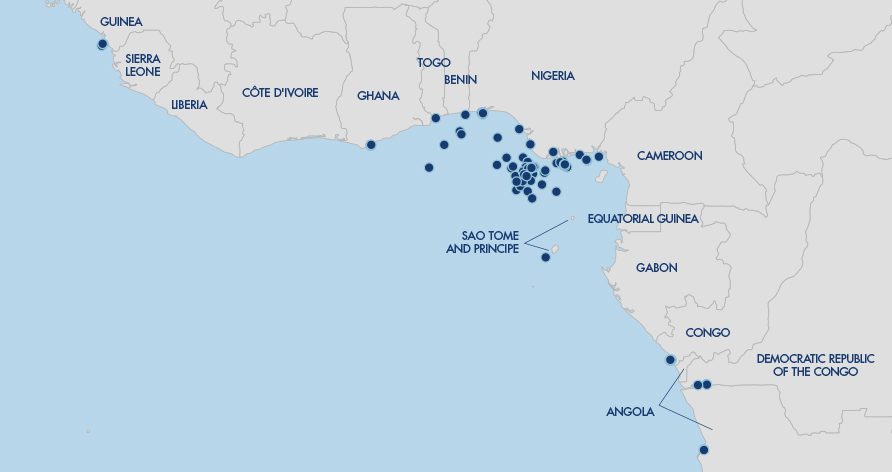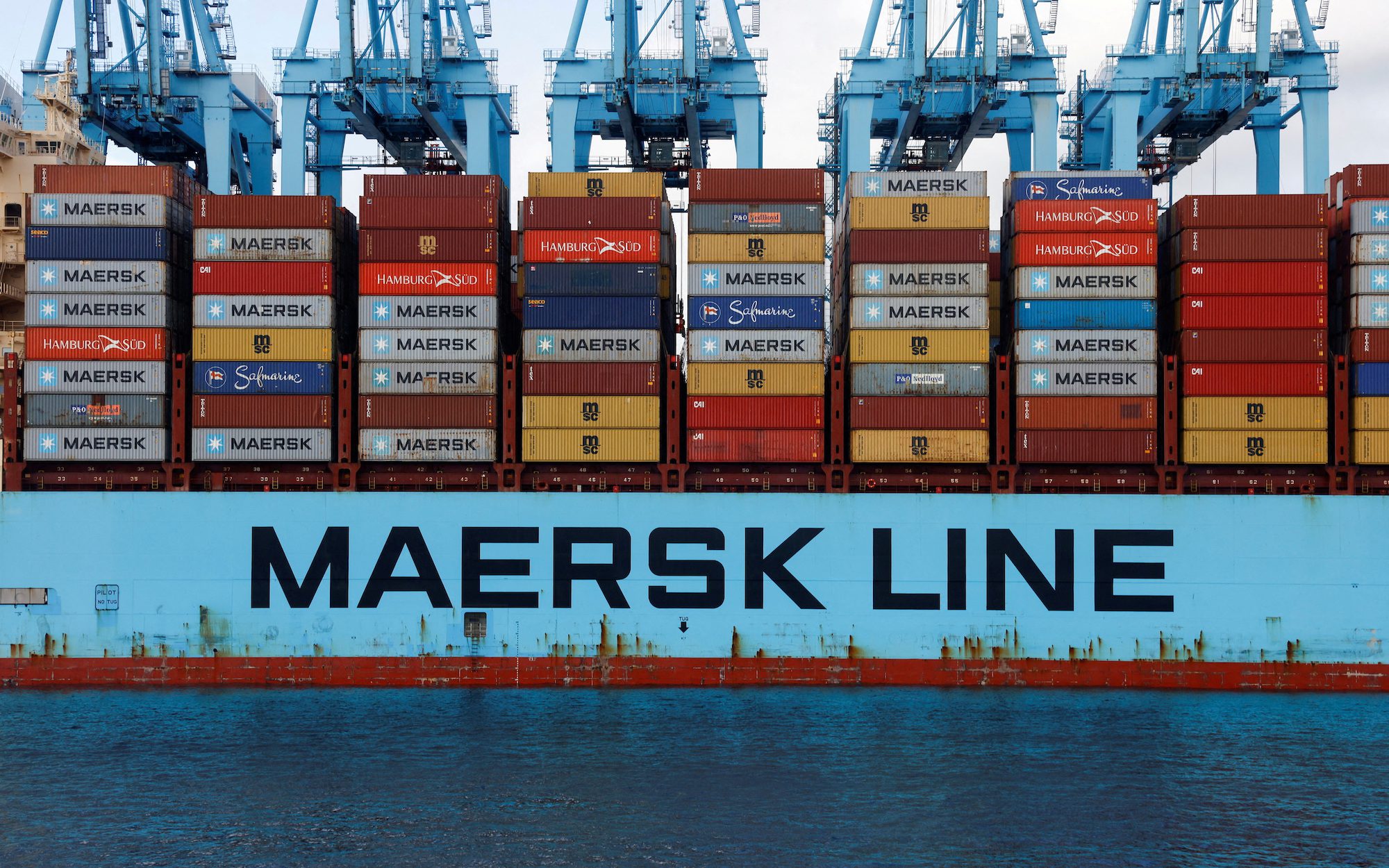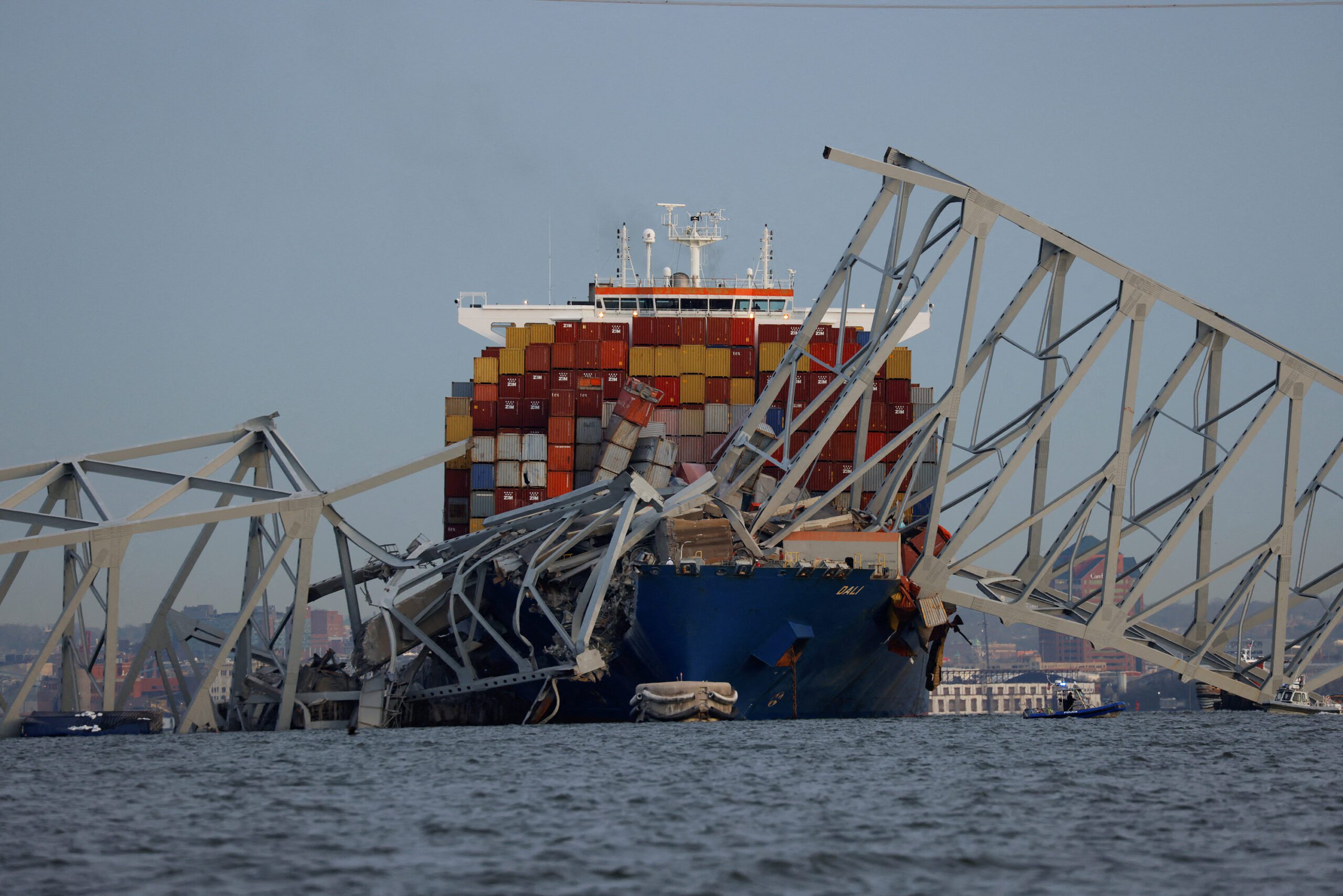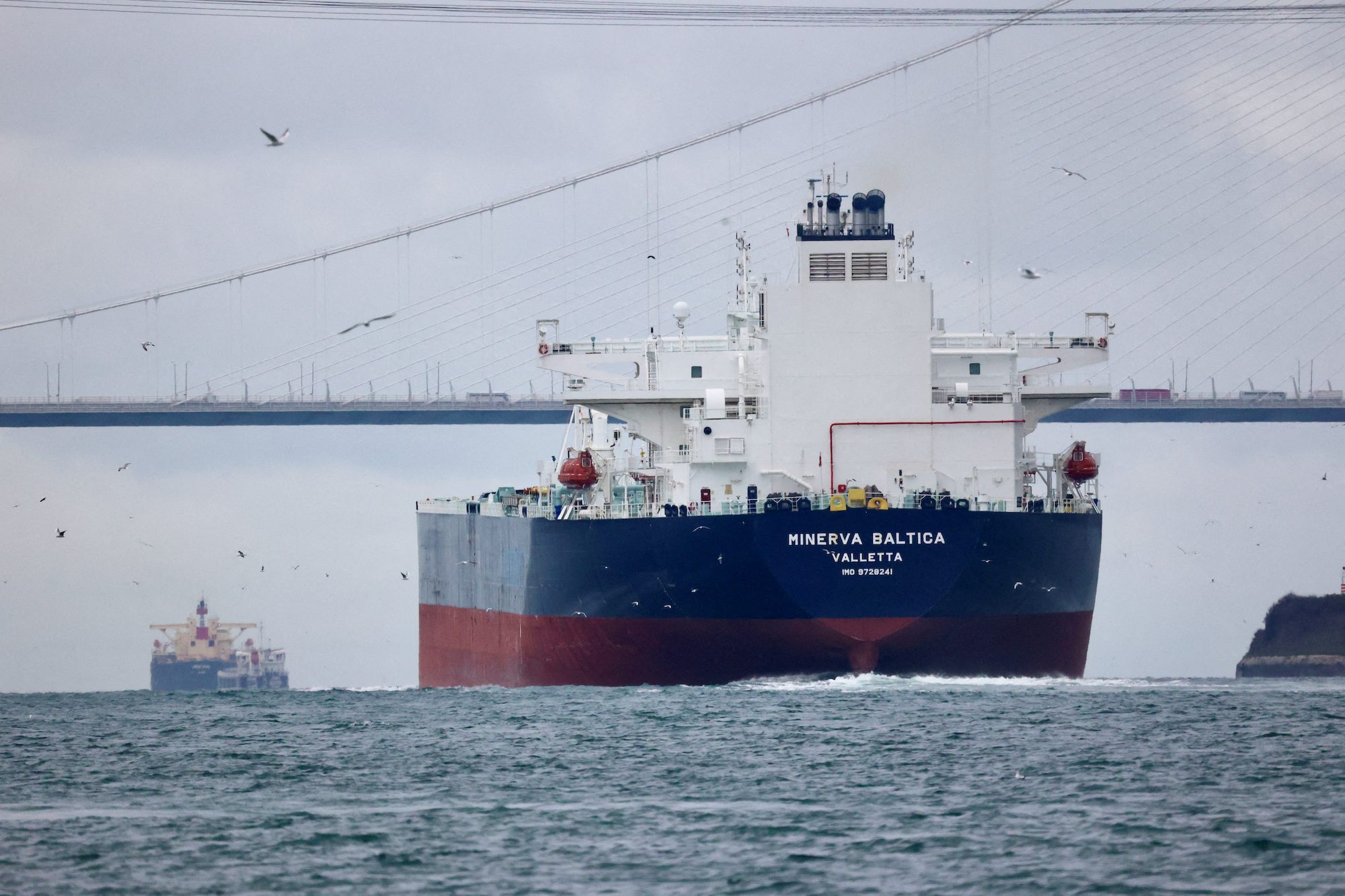Oceans Beyond Piracy map showing attacks in West Africa waters.
By Joe Bavier ABIDJAN, May 2 (Reuters) – Armed attacks on ships in West African waters nearly doubled in 2016, with pirates increasingly focused on kidnapping their crew for ransom off Nigeria’s coast, a report said on Tuesday.
A recent spate of attacks off Somalia, meanwhile, may also indicate a resurgence of piracy in the Western Indian Ocean as a result of less vigilance, the Oceans Beyond Piracy (OBP) project said.
OBP, a project of the privately funded One Earth Future Foundation that encourages cooperation across the international maritime community to tackle piracy, recorded 95 attacks in West Africa’s Gulf of Guinea in 2016, up from 54 the previous year.
Cargo theft, once the main focus of piracy in the region, has given way to an increase in kidnappings, with 96 crew members taken hostage compared to 44 in 2015.
OBP estimated the total economic cost of maritime crime in West Africa at nearly $794 million.
“One of the reasons we are observing increased incidents of kidnap for ransom is that the model offers financial gain with less risk to the perpetrators than hijacking for cargo theft,” said Maisie Pigeon, one of the authors of the OBP report.
Only one successful hijacking – the product tanker Maximus, which was attacked in February off Abidjan, Ivory Coast and then sailed to Nigeria – was recorded in West Africa by OBP in 2016.
“Nigeria … experienced a spike in attacks, including 18 kidnap for ransom attacks between March and May,” it said. “Analysts suggest that this pattern is closely linked to militant attacks against the oil and gas infrastructure in the Niger Delta.”
PIRATE NETWORKS
West Africa has emerged as the world’s epicenter for piracy in recent years after increased patrolling by international navies and ramped up on-board security largely succeeded in suppressing hijackings off the Horn of Africa.
However, those efforts are expensive. OBP estimated the total cost of counter-piracy operations in the western Indian Ocean at $1.7 billion last year.
As Somali piracy has ebbed, navies have redeployed elsewhere and shipping companies cut back on private security, with a 12.5 percent decline in the number of vessels using armed guards through 2016, with 31.5 percent employing them by December.
But armed attacks beginning late last year, including the first successful hijackings since 2015, are a reminder that the region remains vulnerable, the report said.
“Pirate networks in Somalia still possess the intent and capability to commit acts of piracy,” it said. (Editing by Alexander Smith)
(c) Copyright Thomson Reuters 2017.
Unlock Exclusive Insights Today!
Join the gCaptain Club for curated content, insider opinions, and vibrant community discussions.

 Join The Club
Join The Club













